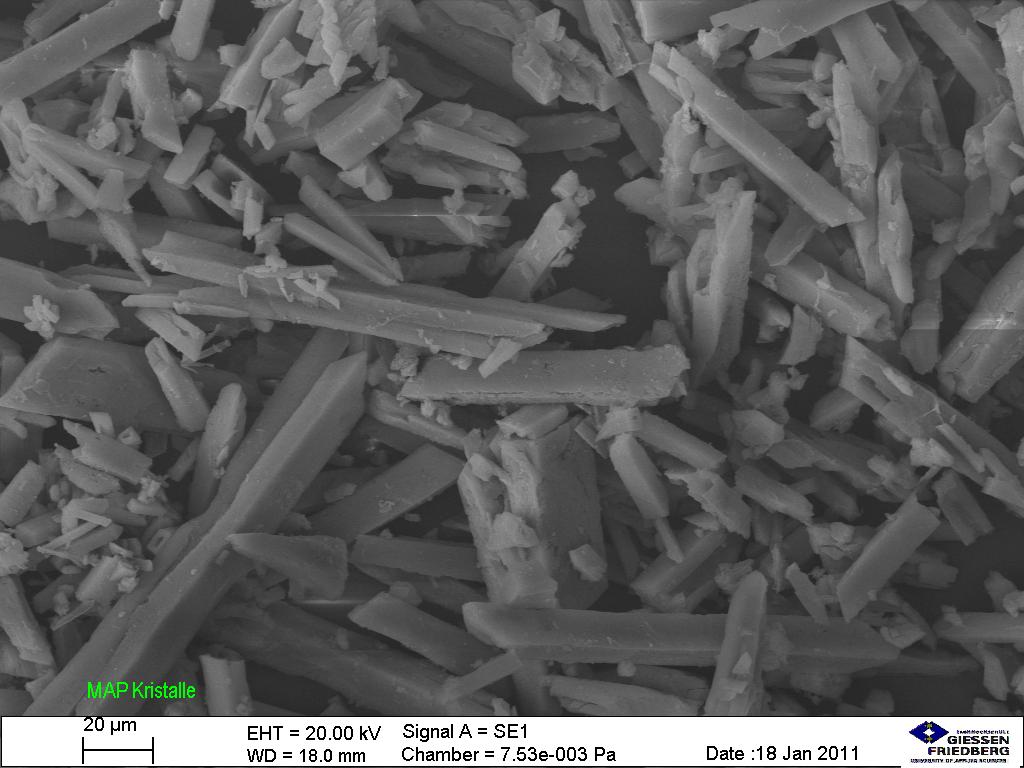Playlist
Show Playlist
Hide Playlist
Struvite Stones: Treatment – Nephrolithiasis
-
Slides Nephrolithiasi.pdf
-
Reference List Nephrology.pdf
-
Download Lecture Overview
00:01 How about struvite stones? What do we need to consider in that particular patient population? So struvite stones are also called triple phosphate stones or infections stones. 00:12 They are large in size, they're difficult to eradicate and they oftentimes will form a staghorn calculus meaning that they fill up the entire renal pelvis in those calyces. 00:23 They are composed of magnesium ammonium phosphate and triple phosphte and calcium carbonate apatite. 00:30 They are associated with urease-producing bacteria, that includes Proteus, Pseudomonas, Klebsiella, Serratia, Ureaplasma and Citrobacter. 00:42 So some of the risks of forming struvite stones are going to be when patients have urinary tract infections. 00:49 There's an increase in propensity to form these struvite stones particularily with those urease-producing organisms that we talked about. 00:56 Women tend to have more struvite stones than men and having a high urinary pH, again with those urease-producing organisms really puts that patient at risk. 01:08 How do we treat struvite stones? Antibiotic therapy is key, remember these are infection-related stones so we have to eradicate that infection. 01:17 Oftentimes unfortunately, that is not enough and our patients will actually require urological intervention. 01:24 So we call our urology colleagues and they can do a complete stone removal. 01:29 For small stones, they can come in and they can do extracorporeal shock wave lithotripsy. 01:34 So basically, they can actually use a shock wave to break up those stones and let them pass or if it's a larger stone, particularly staghorn calculi or others, they can do a percutaneous nephrolithotomy. 01:48 That's what's shown in this image over here. 01:50 This patient actually has multiple tracks where they've entered percutaneously right into the renal pelvis in order to retrieve the stone.
About the Lecture
The lecture Struvite Stones: Treatment – Nephrolithiasis by Amy Sussman, MD is from the course Nephrolithiasis (Kidney Stones).
Included Quiz Questions
Which of the following is true regarding struvite stones?
- Antibiotic therapy is crucial in the management of struvite stones.
- Acidic urinary pH increases the risk of struvite stone formation.
- Urologic intervention is not usually required in the management of struvite stones.
- Struvite stones are associated with oxidase-producing bacteria.
- Struvite stones are more common in male than in female patients.
Customer reviews
5,0 of 5 stars
| 5 Stars |
|
5 |
| 4 Stars |
|
0 |
| 3 Stars |
|
0 |
| 2 Stars |
|
0 |
| 1 Star |
|
0 |




